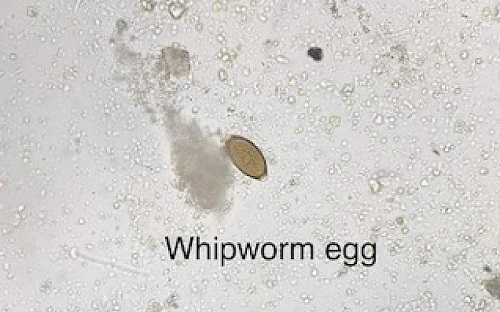Reviewed by Dr. Sarah Yosry
Updated on 08/05/2024
Reading time 3 min.
Overview
Severity: Medium
Life stage: All
Helminths are worms that live inside living organisms, including pets, parasitizing them. Helminthiasis, according to statistics, is present in every third dog or cat. Parasites carry a great danger, since they reduce immunity and hit the body of four-legged people hard. They cause serious diseases, so the prevention of helminthiasis must necessarily be engaged in every responsible owner.
How can animals become infected with worms?
Internal parasites settle in the animal’s body when it swallows worm eggs. Worms infest the soil, plants, outdoor water: their habitat is very extensive. Pets willingly sniff everything around them, so they are easily infected.
Fleas are also capable of transmitting parasites to the animal through their bite. In puppies, quite often worms are present even before birth, when they are in the mother’s womb. The protective capabilities of the placental barrier are not enough to prevent infection. But newborn kittens adopt worms through the mother’s milk.
Anthelmintics: definition and forms of release
Anthelmintics – drugs that destroy worms in the infected body.
Dogs and cats are most commonly given:
- tablet preparations;
- suspension – a liquid in which solid particles of the drug are dissolved;
- drops to treat the withers.
Anthelminthic collars are also available.
Antihelminthic drugs are available not only in different forms, but also with different active ingredients. The composition may contain a single active substance or be combined. Each substance targets a specific type of worms.
Preventive measures
To prevent the pet from becoming infected with endoparasites:
- Give him the medicine regularly, according to an individualized schedule.
- When walking, do not allow him to pick up anything that could be contaminated with worms.
- Treat the food you feed him.
- Do not forget to treat for external parasites.
- Take care of your cat or dog’s hygiene and clean the house regularly.
Conclusion
Untreated helminthic diseases are dangerous to your pet’s health.
- Anthelmintics should be given regularly for preventive purposes.
- A veterinarian should select the appropriate anthelmintic for your pet.
- Read about contraindications to the medicine in the instructions for the medicine.

Share this, choose your platform!
Writen by
Dr. Sarah Yosry
DVM
A product of a rich Australian/Egyptian heritage, Dr. Sarah Yosry stands as a testament to the union of diverse cultures and a shared love for animals….


